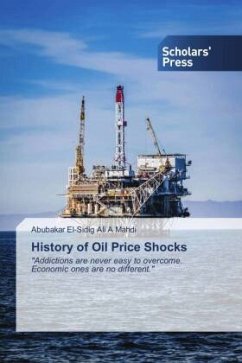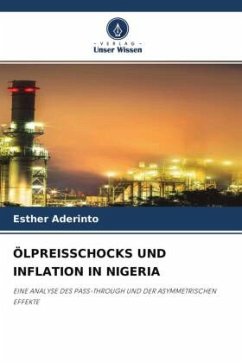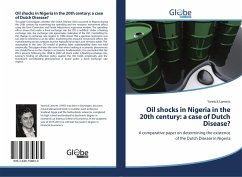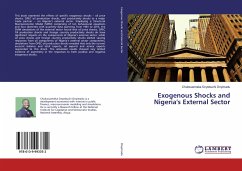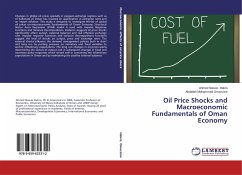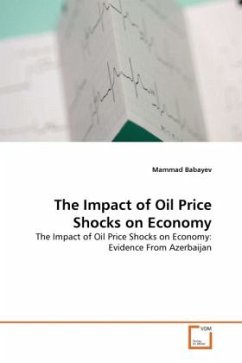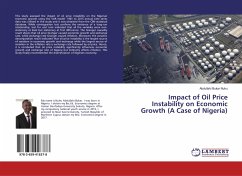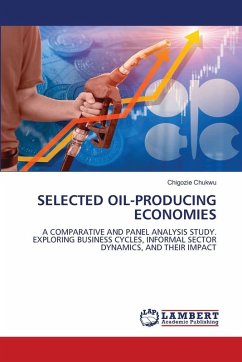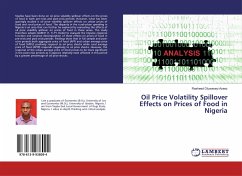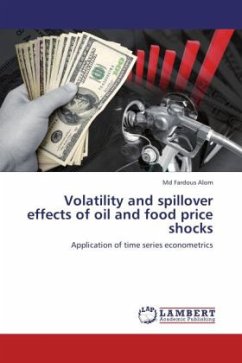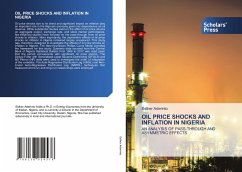
OIL PRICE SHOCKS AND INFLATION IN NIGERIA
AN ANALYSIS OF PASS-THROUGH AND ASYMMETRIC EFFECTS
Versandkostenfrei!
Versandfertig in 6-10 Tagen
58,99 €
inkl. MwSt.

PAYBACK Punkte
29 °P sammeln!
Oil price shocks due to its direct and significant impact on inflation play an important role in the Nigerian economy given her dependence on oil revenue. While substantial studies exist on the effect of oil price shocks on aggregate output, exchange rate, and stock market performance, few empirical studies have focused on the pass-through from oil price shocks to inflation. More importantly, the asymmetric effects of oil price shocks on inflation in Nigeria remained largely unexplored. This study was, therefore, designed to investigate the effects of oil price shocks on inflation in Nigeria. ...
Oil price shocks due to its direct and significant impact on inflation play an important role in the Nigerian economy given her dependence on oil revenue. While substantial studies exist on the effect of oil price shocks on aggregate output, exchange rate, and stock market performance, few empirical studies have focused on the pass-through from oil price shocks to inflation. More importantly, the asymmetric effects of oil price shocks on inflation in Nigeria remained largely unexplored. This study was, therefore, designed to investigate the effects of oil price shocks on inflation in Nigeria. The New Keynesian Phillips Curve Model provided the framework for this study. Quarterly data sourced from the Central Bank of Nigeria Statistical Bulletin from 1986 to 2017 was used given that the period corresponds with significant oil price shocks. The Dickey-Fuller with Generalised Least Squares Detrending (DFGLS) and NG Perron (NP) tests were used to investigate the order of integration of the variables. The Auto-Regressive Distributed Lag (ARDL) and Non-Linear Auto-Regressive Distributed Lag (NARDL) techniques that measured short-run and long-run relationships were employed.



